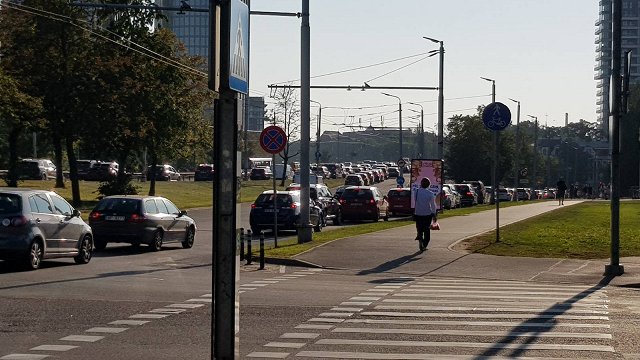In July 2024 confidence indicator in retail trade was - 1.0, according to seasonally adjusted data, and, compared to June, it has dropped by 0.2 percentage points.
In the services sector, the seasonally adjusted confidence indicator in July was 0.6, and business environment, compared to June, has reduced by 2.4 percentage points.
In construction, according to seasonally adjusted data, confidence indicator in July comprised - 16.7, which, compared to the previous month, has not changed significantly (improvement only of 0.1 percentage point) and still is very low.
According to seasonally adjusted data, confidence indicator in manufacturing in July comprised - 9.0. As compared to June, it has dropped by 1.7 percentage points.
The largest share of enterprises, who have not felt any factor limiting economic activity in July, were in services sector (44.1 %), but the smallest – in manufacturing (26.5 %). In manufacturing, construction and services sector the dominant limiting factor in July was insufficient demand (49.9 %, 37.3 % and 36.0 %, respectively), significance of which, compared to April, has increased in all these sectors. Insufficient demand as a limiting factor in retail trade was mentioned by 30.4 % of enterprises. For traders, competition in trade sector is more important, which in July was mentioned as limiting by 50.8 % of retailers.
In July 2024 economic sentiment indicator in Latvia comprised 95.9 (97.1 – in the previous month), but employment change expectations indicator fell to 97.3 and in the previous four months was below long-term average value.
Economic Uncertainty Index, which describes the predictability of socio-economic situation in the country, amounted to 15.1 in July (18.7 in the previous month). In July, compared to June, uncertainty reduced in manufacturing and services sector (by 0.2 and 3.7 percentage points, respectively), but in retail trade and construction it increased (by 0.8 and 1.2 percentage points). Assessment of consumers also had an impact on the reduction of total uncertainty indicator, which, after a rapid increase in June, has fallen to 4.3 again.



























